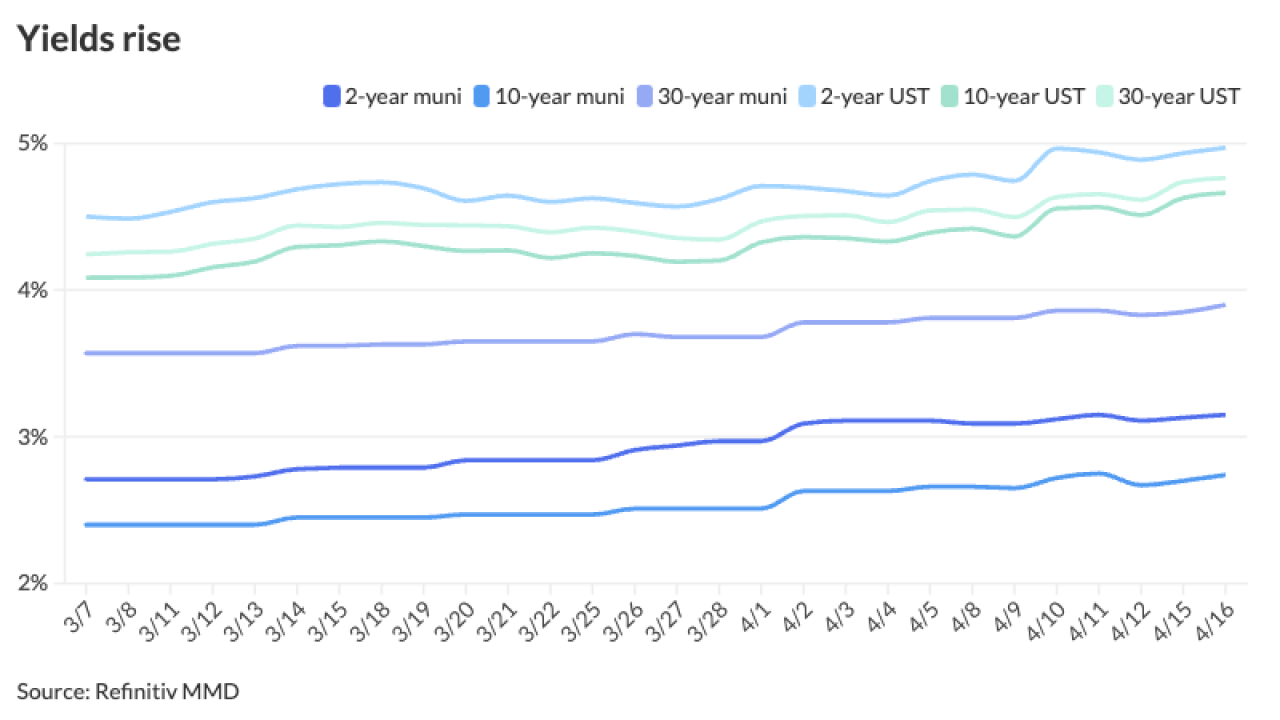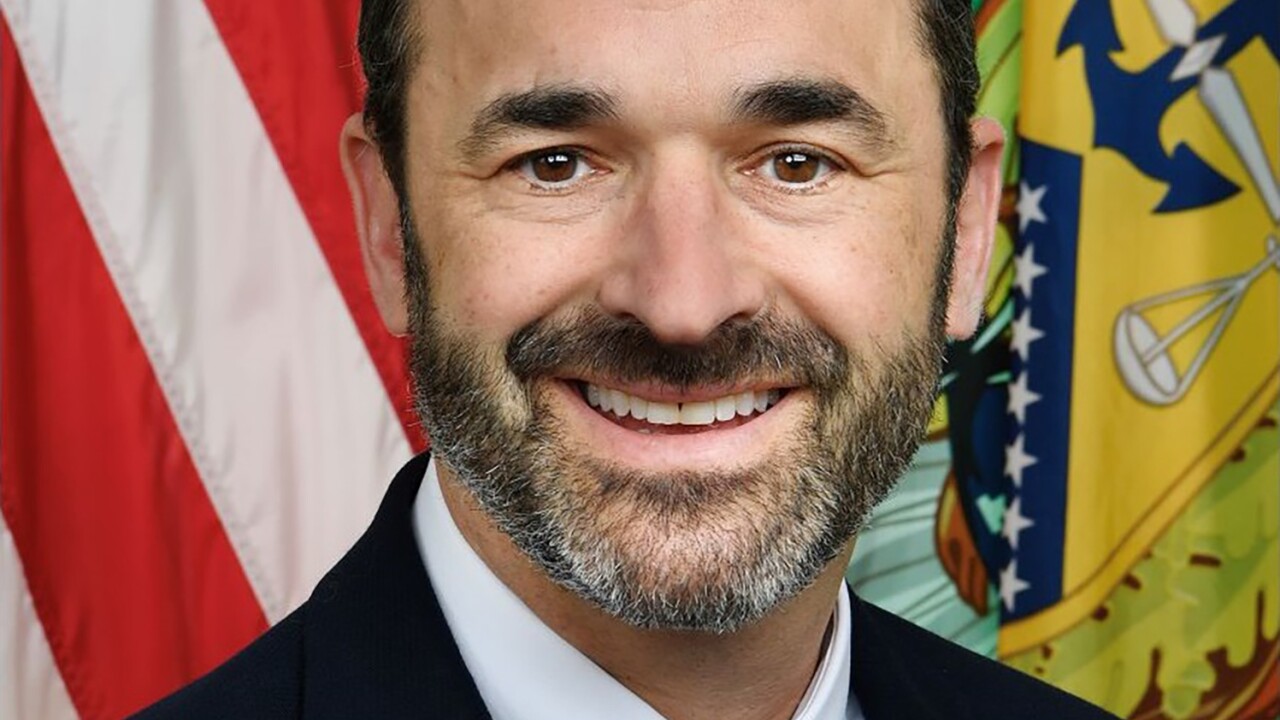CHICAGO – The Chicago Park District sells $75 million of new money and refunding bonds Tuesday in a deal that will up free up revenue to cover higher pension contributions as the district works on new plans to stave off the retirement fund's looming insolvency.
Savings from the refunding and $16.6 million of revenue being freed up by shifting the security on some refunding debt will cover higher contributions. The district is grappling with the aftermath of a judge’s ruling earlier this year voiding its 2014 reform package that took effect in 2015. The ruling had been expected.

“The park district is planning to increase its employer contributions in future years over the amount required by the pension code through alternative sources in an attempt to improve future funding levels,” Chief Financial Officer Steve Lux said in a recorded investor presentation with district treasurer Cynthia Evangelisti and UBS banker Elizabeth Coolidge.
The pension funding plan is part of what the district describes as its “comprehensive strategy” for covering higher contributions with revenue coming from the personal property tax replacement funds being freed up in the deal along with “programmatic and recreational fees and moderate increases in property taxes.”
The district, which has established an
The voided legislation increased the retirement age for some employees, changed the formula used to calculate automatic annual increases for both current and future retirees, eliminated automatic annual annuity increases in 2015, 2017 and 2019, and raised employee and employer contributions.
The court’s ruling was expected after the state Supreme Court, in another case, voided city and state reforms that cut benefits as unconstitutional. The park district remains limited in what it can seek from current employees.
The court ruling required the district to return $4 million in higher employee contributions with interest but it allowed the fund to keep the district’s higher contributions which have totaled $20 million and then supplemental contributions of $25 million made in 2015 and 2016.
The ruling forced the district to reduce its pension property tax levy to statutory levels in place before the reforms were adopted.
The district’s lawyers, however, believe the ruling allows it to continue making higher contributions from non-property tax levy funds without violating the pension code as it works on a permanent fix and a legislative package.
The court ruling said there’s no “statutory prohibition on the district making voluntary contributions” to help preserve the fund’s ability to pay promised benefits in the future.”
The district’s pension fund carried $654 million of unfunded liabilities in 2017 for a funded ratio of 37.1%. The system, without higher or supplemental contributions or other changes, is on course to exhaust assets in 2027.
The district would face a $48 million payment in 2027 on a pay-go basis. It has approved a $27.6 million contribution for 2019 although the statutory property tax contribution under the pension code is just $13 million. The district also has $29 million in a special pension reserve for future supplemental contributions.
The bond sale – led by UBS Financial Services Inc. with The Williams Capital Group LP serving as co-senior manager -- offers five series.
The A series for $24.7 million of limited tax general obligation park bonds is new money.
The B series for $13.6 million of LTGOs is a current refunding; and the C series for $11 million of taxable LTGOs is an advance refunding. Some of the existing debt being refunded was backed by the PPRT, which was imposed on some corporations, partnerships, and utilities after the 1979 elimination of the ad valorem tax on personal property.
The D series for $22.5 million of unlimited tax park bonds are alternate revenue source bonds backed by the PPRT and is new money. The E series for $3.5 million of ULTGOs alternate revenue source bonds are secured by the district’s special recreation activity tax and is a current refunding.
While the district’s pension woes weigh on its profile, Fitch Ratings affirmed its AA-minus and stable outlook; Kroll Bond Rating Agency affirmed its AA rating but shifted its outlook to negative; and S&P Global Ratings affirmed its AA-plus rating and stable outlook.
Analysts cited balanced and surplus operations, strong fiscal performance, and healthy reserves that amounted to $208 million last year, or 70% of general fund revenues.
Moody’s Investors Service, which rates the district at a junk level due to governance ties to Chicago, was not asked for a rating.
The district has nearly $800 million in GO debt.
About 60% of its general fund revenues from property taxes, with 20% coming from fees and concession contracts, 8% from the PPRT, permits, rentals, contracts and other revenues. A court hearing on the pension case is set for Oct. 2.





